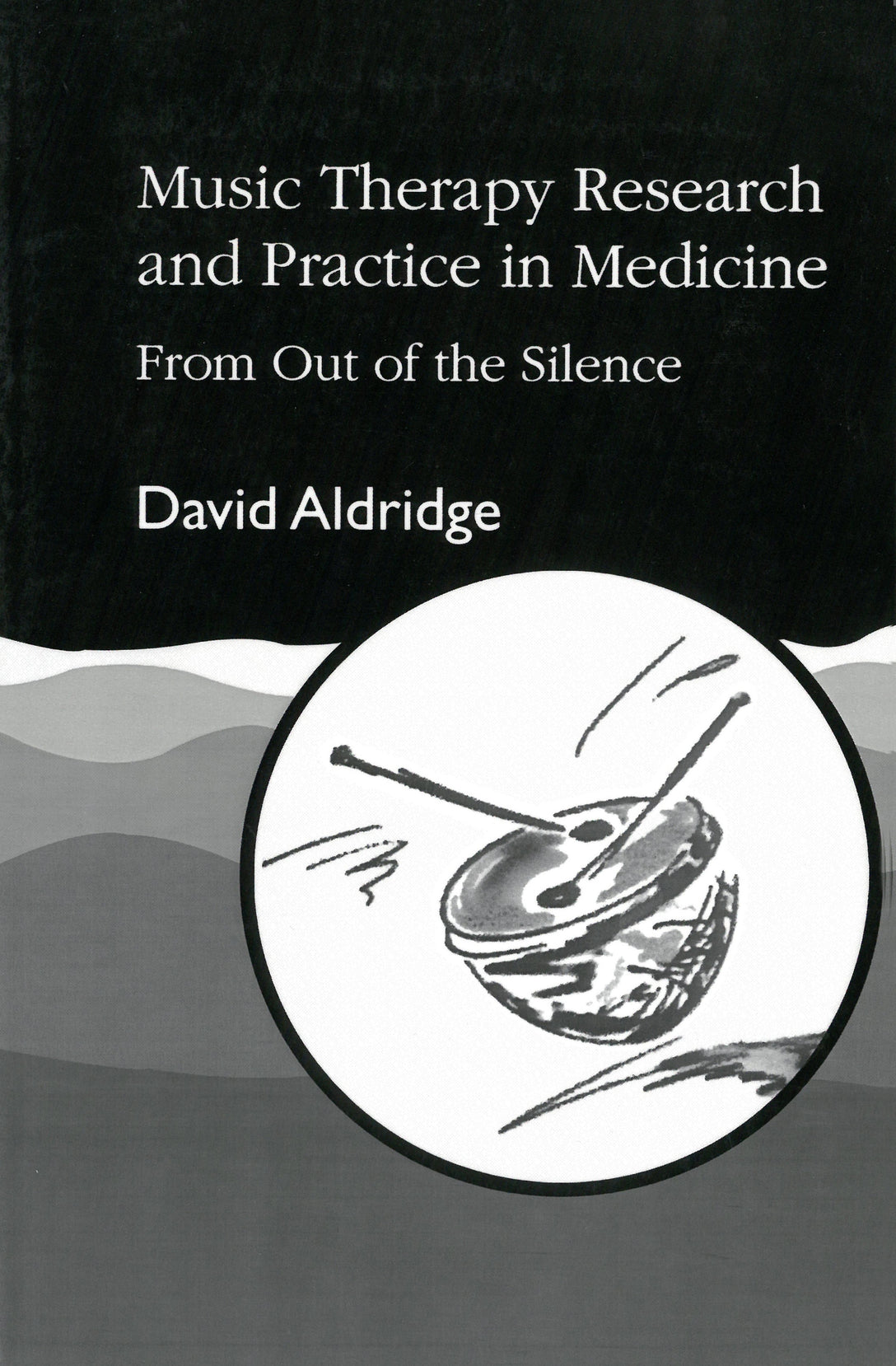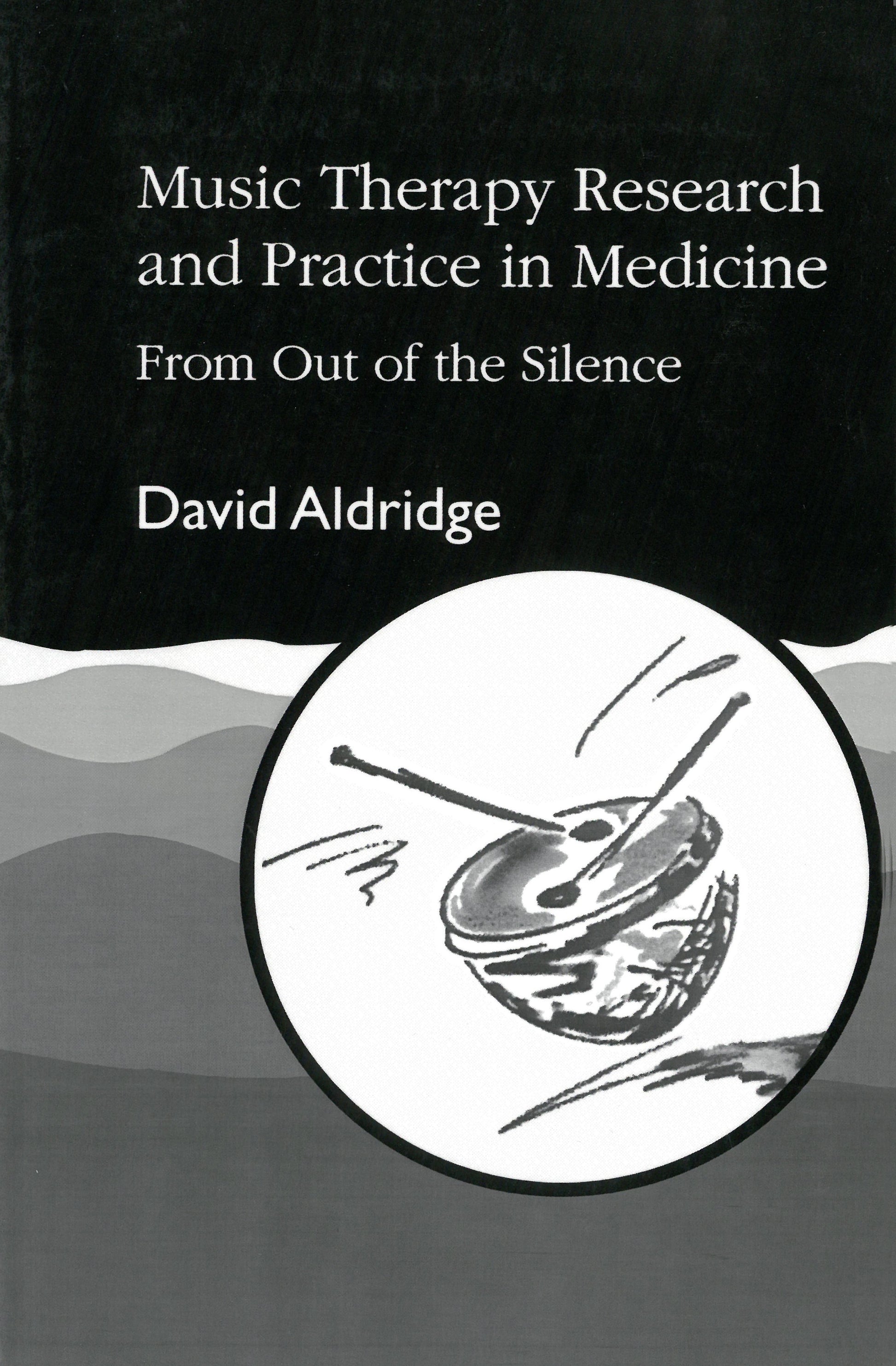
Press Reviews
British Jouranal Of Music Therapy
The book provides detailed documentation of medical and psychological literature relating to music therapy practice which will be a rich resource for the music therapy practitioner and researcher. Hopefully, it will inspire a whole body of carefully constructed research based in practice. It leaves me with the overall feeling of a highly skilled and sensitive observer looking at and working alongside another profession. David Aldridge avoids a polarisation into differing camps and eventual political debate fostering a climate of tolerance that he views as a mark of a mature profession.
ARTherapy, the Journal of the American Art Therapy Association
[the] theme of integrating authenticity and communication is the core issue of the book ... The chapter on single-case-study research designs is certainly recommended reading for any art therapist pursuing this style of research. Aldridge provides an exceptional overview of both quantitative and qualitative approaches to case study research, followed by an in-depth example of qualitative case study research. The method he uses exemplifies the goal stated at the beginning of the book - to tie research to clinical practice ... Aldridge has written a very useful book for those in the fields of the arts therapies who are interested in pursuing research to better understand clinical work. His statement "we need an approach to music therapy research that stays close to the practice of the individual clinician" is one that I hope continues to drive future research in the creative arts therapies.
The Arts in Psychotherapy
In this impressive book, the author has more than realized the promise of the title, that is, a very thorough consideration of the special challenges that are implicit in music therapy research and practice in medicine - the book is an extremely useful sourcebook of the state-of-the-art of music therapy research in medicine - the complete work provides an encyclopaedic review of music in medicine - a significant and valuable contribution.
Growth Point
I recommend this book as a fascinating insight into another complementary therapy.
Self and Society
Scholarly, but also very human, his regard for human beings as essentially "symphonic" rather than "mechanical", and his view of a person's identity as "a musical form that is continually being composed in the world" make one warm to his approach. Aldridge clarifies the problems realistically, pointing the way forward to possible solutions. There is much here also of interest to professionals other than music therapists. The author's enthusiasm for music therapy, and his commitment to finding research approaches which uphold its central tenets, are always evident. Above all, the message is that music therapy research has to be done, that "rather than sit around for ever discussing what will be the best way", we have to actually try it out. David Aldridge's book is certainly an encouragement and guide to doing just that.
Therapy Weekly
`...the book is stimulating and relevant to my present music therapy work. I can recommend this as a reference book to anyone who is interested in music therapy, as I think it is both informative and thought-provoking.'
British Journal of Therapy and Rehabilitation
This is a book that will be of use to any professional interested in asking questions about their work, and will be of particular relevance to those undertaking research. This is a thorough but also a personal book that contains much of Aldridge's own philosophy of research in general and music therapy in particular. Most importantly it encourages research at all levels into the challenging complex area of clinical music therapy. By including a mixture of the theoretical and the personal in this way, this book should serve to encourage and support any professional considering research for the first time.
